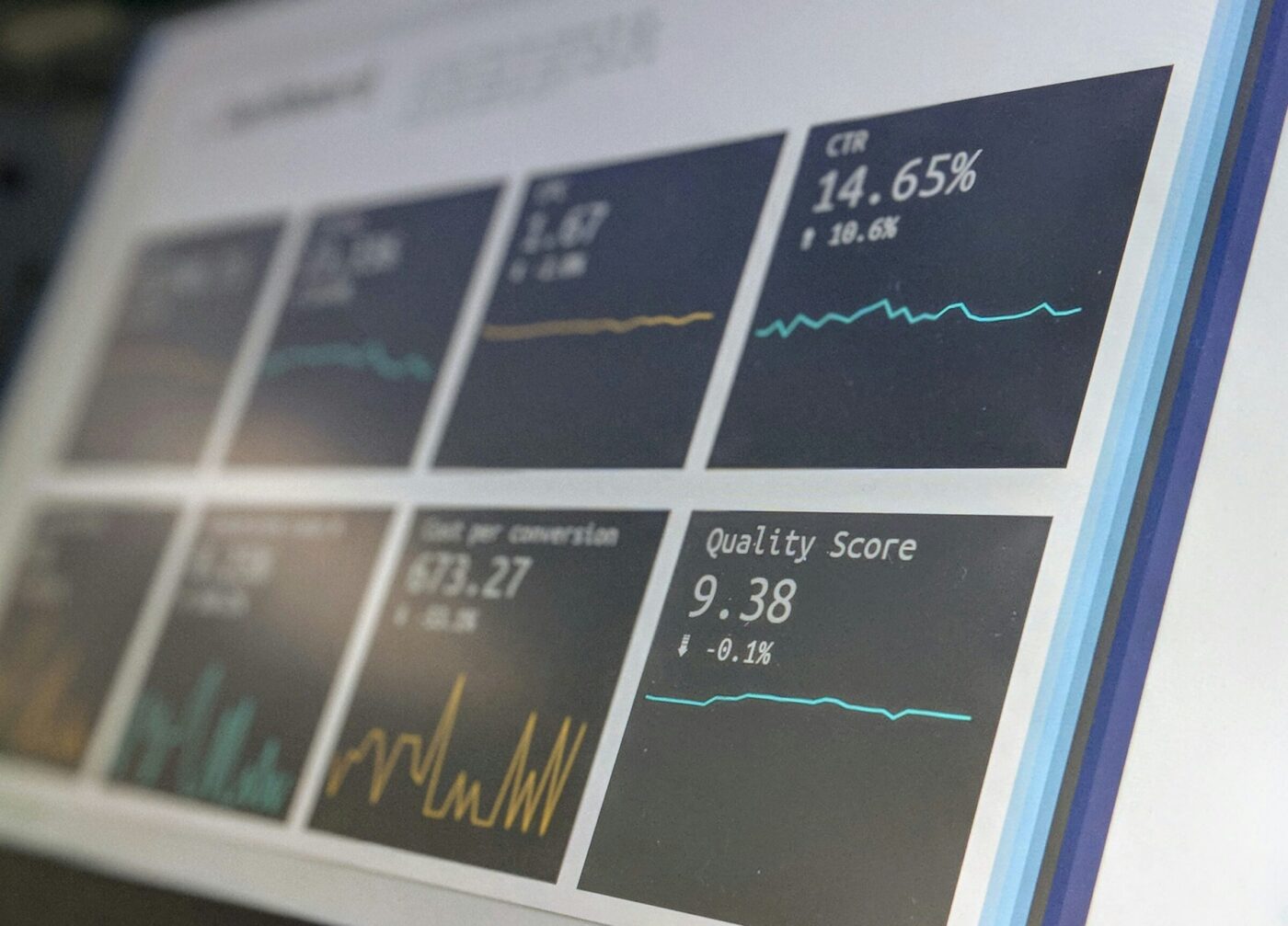Steering Clear of Common Link Building Mistakes
Building an excellent SEO strategy often involves more than just great content and strong technical foundations for your website – it also requires a strategic approach to acquiring quality and topically relevant backlinks. However, many SEOs still turn to ‘old school’ link building tactics that can (at best) do more to hinder your progress than support your website’s SEO strategy. Understanding these common errors can be key to establishing a reliable performance and enhancing your website’s organic performance.
Our digital PR and link building team has decades of experience when it comes to building quality links for websites of all kinds. Unfortunately, in that time we’ve seen the great, the bad, and the ugly when it comes to others’ link building strategies! Here are five of the biggest mistakes to avoid when link building:
1) Don’t ignore relevance
One common mistake people make is chasing backlinks without fully considering their relevance to your website and content. You’d be surprised how often we see this. While acquiring lots of links ( or even lots of high ‘DA’ links) might seem appealing, numerous studies suggest that it’s the topical ‘relevance’ of links that hold the most weight when it comes to performance. Focus on obtaining quality links from websites within your niche or industry to signal credibility to search engines. A link from a relevant source carries more weight than multiple links from less relevant ones.
Actionable Step: Conduct thorough research to identify and target websites related to your industry or niche. Use tools like Ahrefs, SEMrush, or Moz to find relevant websites for potential backlink opportunities.
2) Prioritise quality over quantity
Quantity doesn’t always translate to better rankings. Pursuing a high number of low-quality backlinks will do very little and may even harm your website’s credibility and ranking potential. Search engines prioritise quality over quantity. Fewer but more authoritative and relevant backlinks will typically hold more value than numerous links from unreliable sources.
Actionable Step: Focus on acquiring backlinks from reputable websites with high domain authority (DA) and strong relevance to your content. Guest posting on authoritative sites, building relationships with industry influencers, or participating in relevant forums can aid in securing high-quality backlinks.
3) Don’t neglect anchor text diversity
Over-optimising anchor text can trigger red flags for search engines and in extreme cases this could even lead to a Google penalty. When relevant anchor text is a positive for your SEO strategy, avoid using the same anchor text repeatedly as it may appear unnatural and manipulative. Often, you won’t be able to control how a third party links to you. However, when you have the choice, choose to diversify your anchor text to include variations of keywords, brand names, or generic phrases.
Actionable Step: Employ a broad set of anchor texts (where you can) on links that naturally dovetail with your website’s content. Incorporate variations of keywords, long-tail phrases, and brand names within your anchor text to maintain a natural backlink profile.
4) Carry out link quality checks
These days Google says that it often ‘ignores’ spammy or toxic links, however, it’s often a mistake to completely ignore backlink hygiene. Toxic links could still be a problem for your website, especially if they indicate to search engines that you’re practicing spammy link building practices that are against Google’s guidelines. The best way to avoid this is to build quality backlinks (often with great content and PR campaigns). You should also regularly review and, ideally, disavow hihgly toxic links using tools like Google Search Console.
Actionable Step: Regularly conduct backlink audits using tools such as Ahrefs, SEMrush, or Moz. Build natural quality links with great content/PR, and disavow toxic or spammy backlinks to maintain a healthy link profile.
5) Don’t ignore relationships
Building genuine relationships within your industry or niche isn’t just great for brand building and opening doors for your marketing – it can also be helpful for sustainable link building too. Simply requesting backlinks from website editors or journalists without first forming a rapport or carefully considering what’s in it for them can be ineffective or even off-putting. Cultivate relationships by networking, building PR stories that are useful to your audience, and engaging with influencers, contributing valuable insights, or collaborating on content.
Actionable Step: Invest time in networking with industry peers, participating in relevant communities, and providing value before seeking backlink opportunities. Genuine relationships often lead to organic and high-quality backlink opportunities.
While backlinks do play a vital role in SEO, you do need to approach link building with care. These are just some of the most common mistakes we see – there are many more! Focus on building link relevance, prioritising quality over quantity, diversifying anchor text, monitoring link quality, and nurturing relationships. All of this will help you build a robust and credible backlink profile. By following our actionable steps and avoiding these potential issues, you can effectively earn quality backlinks for your website, and ultimately boost your SEO efforts.







Leave a Reply